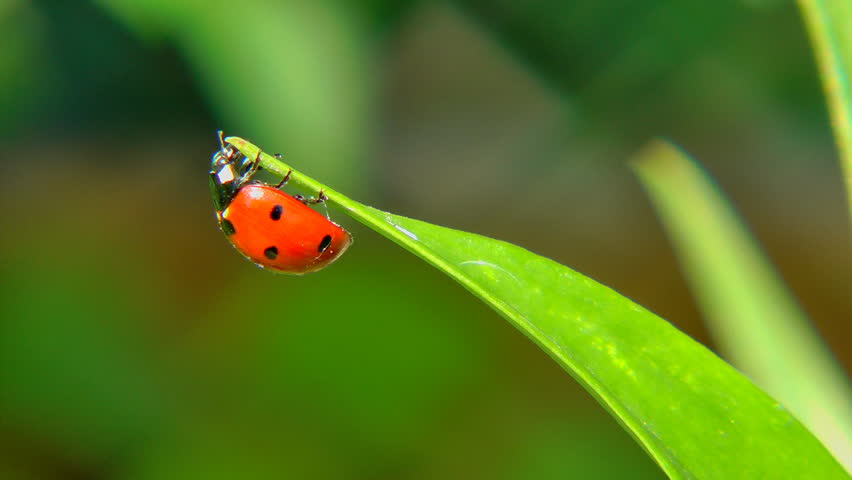You Ask, We Answer: How Do I Get Rid of Bugs in My Garden?
For many of us living in here in Connecticut, time spent in the garden is a labor of love we enjoy for a few precious months out of the year. But bugs and pests can not only take the joy out of our efforts, they can harm the very plants and vegetables we’ve been so diligently caring for.
While it’s easy to reach for harsh chemicals to rid our gardens of bugs and pests, doing so may harm the pollinators crucial to sustaining plant life—not to mention the soil, water and food supply we depend on to live. So, what’s a Connecticut homeowner to do to protect their garden? Keep reading for
tips on how to get rid of garden bugs and pests effectively—without harming the environment.
Good bugs vs. harmful bugs
Of course, all gardens have bugs, but knowing which are pests and which are beneficial can go a long way in keeping your Connecticut garden healthy. “Good” bugs flitting about your garden include lady bugs, ground beetles, green lacewings, damsel bugs, minute pirate bugs, and aphid midges. These beneficial bugs feed upon the “bad” ones, like aphids, Colorado potato beetles, slugs, whiteflies, mealybugs, caterpillars and mites, which can wreak havoc on your plants and lawn.
Planting marigolds can help keep grasshoppers and mosquitos at bay; evening primrose, dandelion, amaranths and clover and herbs like dill, fennel, spearmint, coriander and angelica can actually help to attract good bugs—not to mention provide you with some delicious herbs for your summer grilling recipes!
Nip a pest problem in the bud
Checking your garden weekly for pests will help you stay on top of any potential problem. While you may not find a small amount of Japanese beetles to be cause for alarm, keeping an eye on them will allow you to treat as necessary before they do real damage to your garden. Donning a pair of gardening gloves and physically picking off the pests from your plants is easier when there are only a few; if that makes you too squeamish, a blast from a garden hose may help knock them off the plants. Keep a bucket of soapy water (we like castille soap for its gentle-on-the-environment properties) to catch the bugs and prevent them from relocating onto other plants.
As time goes by, you’ll be able to identify which pests show up year after year. For instance, if your vegetable garden tends to attract cucumber beetles, which will eat the leaves and flowers of your plants while also spreading bacterial wilt, you can commit to planting some of the plants mentioned above, and to cleaning out dead foliage in the fall to help deter them from living in debris over the winter.
Safely treating your garden for bugs
While prevention and physical intervention may prove successful in getting rid of bugs and pests in your garden, it’s also possible you may need to treat your flowers, plants and vegetables in order to get a pest problem back under control.
Using pollinator-safe options such as neem oil, Wondercide, or other safe alternatives may be effective at keeping bugs and pests out of your garden; just always be sure to follow the directions on the packaging so as not to damage flowers. If these options aren’t cutting it, consider speaking to an extermination professional. The NRDC recommends seeking out a professional who:
-
- • is licensed in your state
-
- • is certified by reputable programs such as EcoWise, GreenPro, and Green Shield
-
- • supplies a list of references
-
- • provides a written report of findings, recommended treatments, and costs
-
- • offers a written guarantee of service
-
- • explains the causes and remedies of your pest problems
-
- • offers a sustainable, long-term strategy for preventing further outbreaks
- • schedules a follow-up visit to evaluate the success of Integrated Pest Management (IPM)
As with anything when it comes to gardening and yard care, trial and error will eventually help you reach your desired outcome. In the meantime, don’t forget to enjoy your garden in all its natural glory!



